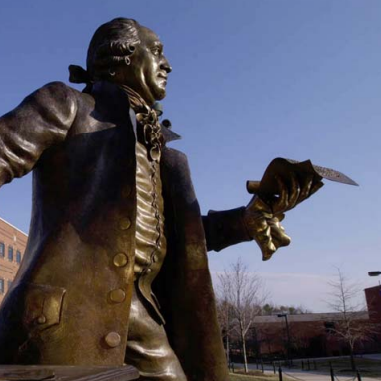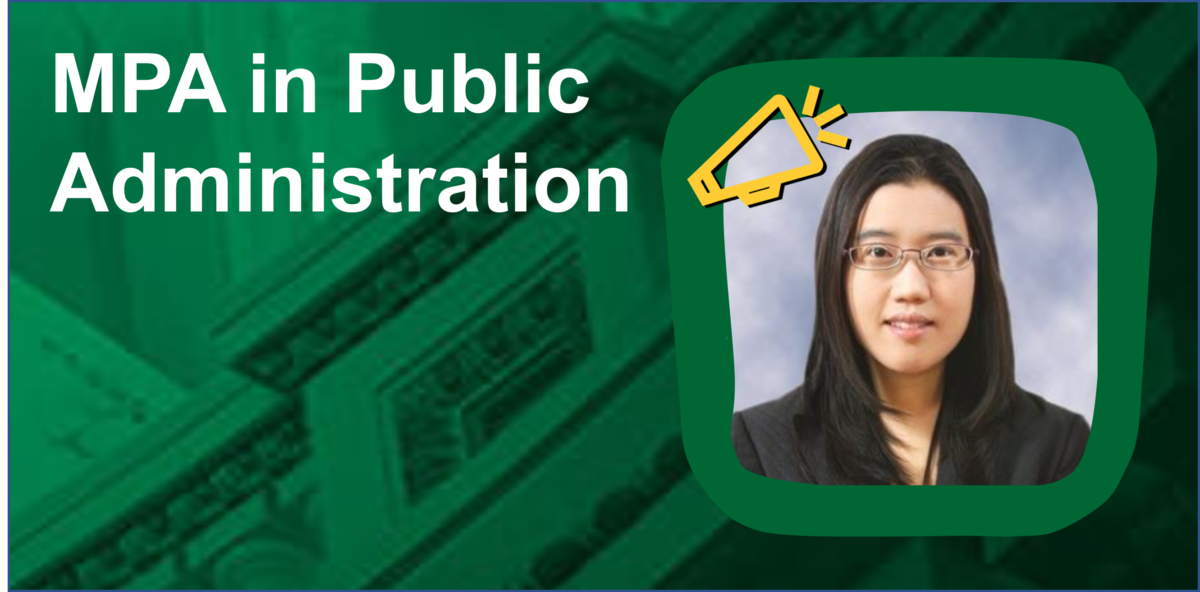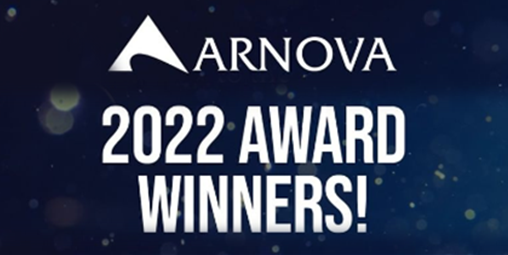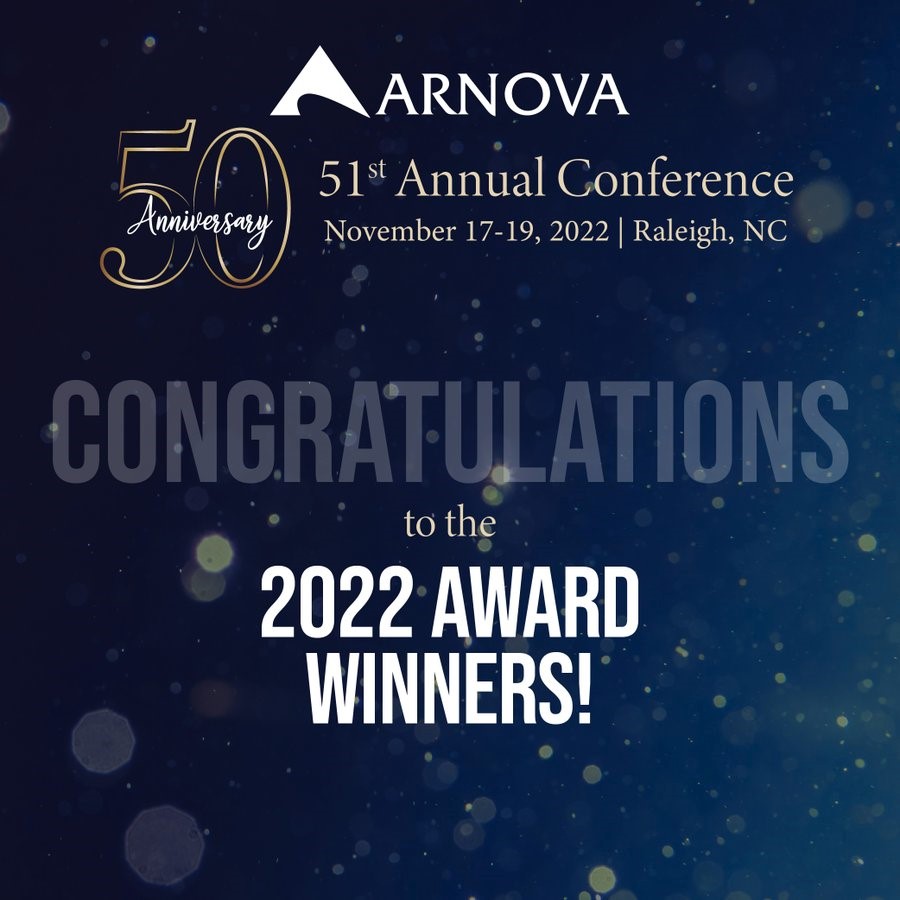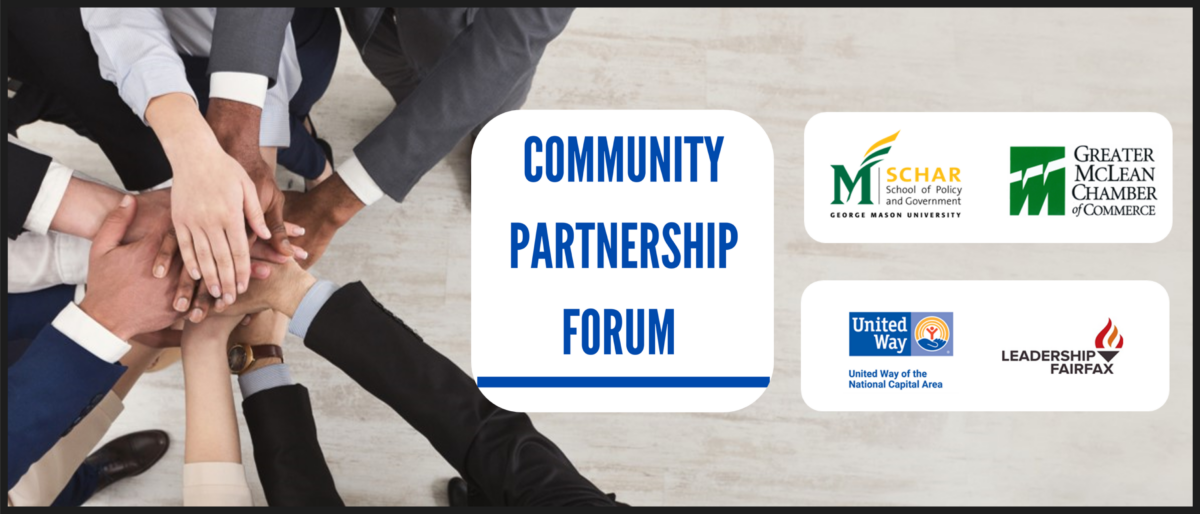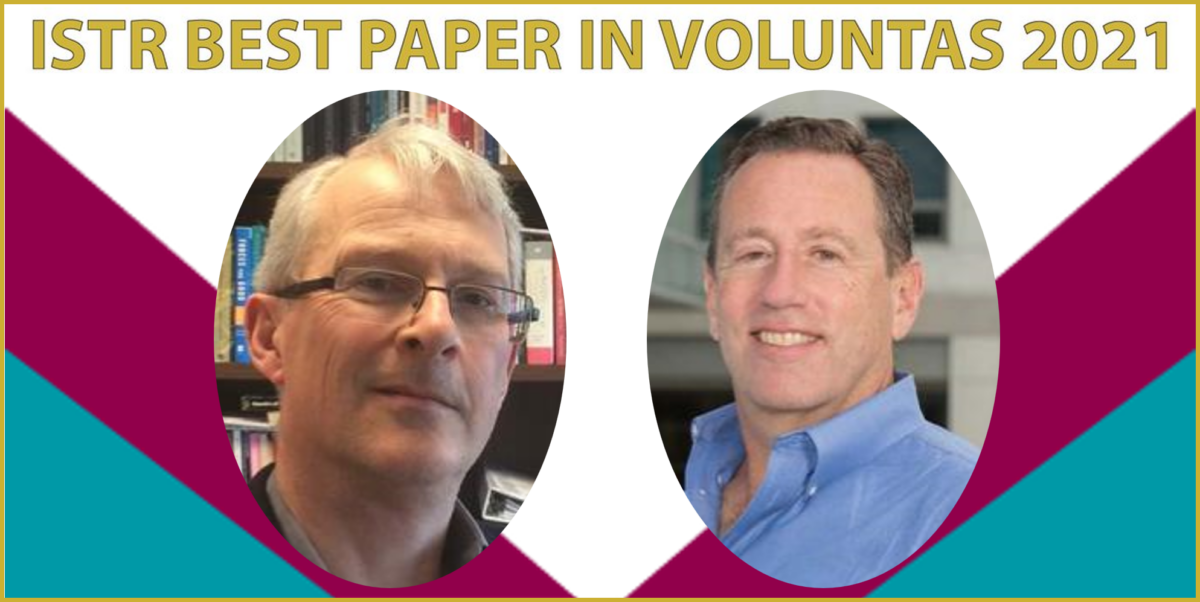Center researchers, Alan Abramson, Mirae Kim, and Stefan Toepler have recently published work on topics ranging from measuring the nonprofit sector’s health to benefit-based financing. A few of these publications are listed below and a full list of their most recent work can now be found on the center’s research page.
Nonprofit Organizations: Theory, Management, Policy
Helmut K. Anheier and Stefan Toepler. Routledge (2022)
Book Description: In this new edition of the popular textbook, Nonprofit Organizations: Theory, Management, Policy, Helmut K. Anheier and Stefan Toepler have fully updated, revised, and expanded this comprehensive introduction to a growing field. The text takes on an international and comparative perspective, detailing the background and concepts and examining relevant theories and central issues.
Anheier and Toepler cover the full range of nonprofit organizations—service providers, membership organizations, foundations, community groups—in different fields, such as arts and culture, health and social services, and education. Introducing central terms such as philanthropy, charity, social entrepreneurship, social investment, and civil society, they explain how the field relates to public management and administration.
“Assessing the State of the US Nonprofit Sector: What Indicators Should We Use?”
Alan J. Abramson. Nonprofit and Voluntary Sector Quarterly (2022)
Abstract: This research note identifies seven key dimensions of the nonprofit sector that nonprofit stakeholders want to monitor to assess the sector’s condition, including financial resources; human resources; the diversity of nonprofit boards, staff, and clients; the impact of the nonprofit sector; advocacy activity; ethical and legal behavior; and the existence of a supportive environment. The article then describes current measures of these dimensions, noting the shortcomings of many of these measures. Two government data sources, the National Income and Product Accounts (NIPAs) and the Current Population Survey (CPS), are highlighted that contain timely information about the nonprofit sector but which, to date, have been underutilized by sector stakeholders. Next, the article describes the picture of the nonprofit sector that emerges from the relevant measures before concluding with discussion of further work needed to improve measurement of the sector.
“Benefit-based revenue streams and financial health: The case of arts and cultural nonprofits”
Qiaozhen Liu and Mirae Kim. Nonprofit and Voluntary Sector Quarterly (2022)
Abstract: A large number of empirical studies have discussed the revenue diversification strategy for nonprofits, but little attention has been paid to the components of revenue portfolios, even though each revenue source flows into a nonprofit with its own characteristics. Drawing on Young’s benefits theory, this study tests the proposition that a nonprofit would be stronger financially if its income portfolio reflected the mix of benefits it provides. We find evidence that the benefit-based revenue strategy is associated with better financial outcomes using the data set from DataArts (2008–2016). Yet, this relationship is not linear, and the positive relationship is seen only when the share of benefit-based revenues is above a certain threshold. A detailed examination reveals that the benefit-based revenue strategy should be employed judiciously, depending on each organization’s own capacity. We discuss the ways nonprofits can employ benefit-based financing while diversifying revenue streams.
“Contested Civic Spaces in Liberal Democracies”
Rupert Graf Strachwitz and Stefan Toepler. Nonprofit Policy Forum (2022)
Abstract: In this introductory essay for the special issue on contested spaces in liberal democracies, we review how and to what extent the closing or shrinking space debate that has influenced the civil society discourse in authoritarian contexts presents an appropriate mode of analysis for similar, disconcerting developments that have been observed in liberal democracies. In particular, recent changes in Germany, Austria, Israel, and Greece are covered in this issue. We suggest that while shrinking space mechanisms are observable, civil society is nevertheless experiencing new activism and growth. In contrast to authoritarian regimes, spaces in liberal democracies are increasingly contested reflecting both a politization of issues that nonprofits, NGOs or CSOs are working on, such as migration and climate change, but also a new civic agency that expands the political dimensions of civil society, embracing its more political functions
